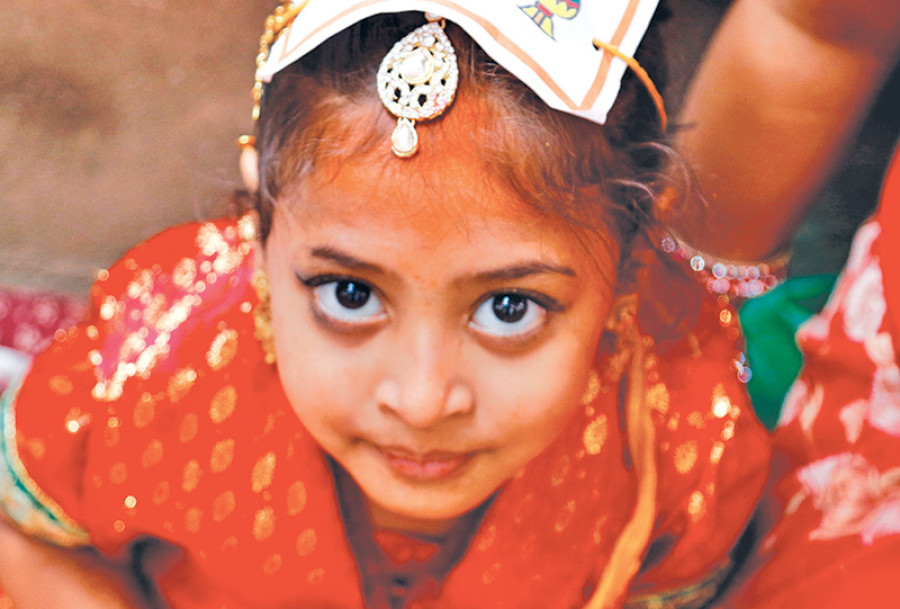Entertainment
Running on empty
As social creatures, it is but natural that we soak in our surroundings and adapt ourselves with all that is fed into us by the society.
Sarthak Byanjankar
As social creatures, it is but natural that we soak in our surroundings and adapt ourselves with all that is fed into us by the society. We are all born with clean slates and then our personalities are morphed by our respective environments. Hence, it is only natural that we share cultures, values and traditions with those that are closest to us, even if those values are sometimes outdated and based just on superstitions. With time, it is also not uncommon to see that we lose touch with these traditions and rituals and just enact them out of a sense of obligation. When this happens, people forget the meaningful symbolism behind their traditions, and rituals that socially bind people together and they become merely husks of what they really were meant to be.
In a patriarchal society like ours, widowhood is something that most people fear. The system, where young widows are expected to remain unmarried for the rest of their lives is widely prevalent in our society—whether it be urban centres or rural villages. Not only are women who are widows encouraged to stay single throughout their lives, they are expected to never fall in love again and remain faithful to their deceased husbands, whether the marriage lasted for a few months or for decades. Only a century ago, it was even worse—women were actually expected to jump into funeral pyres along with their dead husbands! Thankfully that barbarity has been outlawed.
I recently came to understand that the Newari culture in the Valley has a great, simple tradition of circumventing the traditional stigmas associated with widowhood. Known as Ihi ko Bel Bibaha, in this age-old tradition, young pre-pubescent girls are married to the ever-fresh Bel fruit—wood apple, which is considered as an incarnation of Vishnu, thus sparing them the ignominy of ever being labelled a widow.
According to myth, it is believed that goddess Parvati asked for women to be spared from being classified as widows, to which Lord Shiva came up with a solution of a holy matrimony to lord Vishnu. When a girl is already married to Vishnu, the procession and revelry during her marriage to a man later in life is negated, thus shortening the whole ritual.
In addition to this, in the Newar culture, a marriage can be nullified by returning ‘Suparis’ given to the bride from the groom’s family during the marriage ceremony , giving the power to a bride to dissolve the marriage if the union dissatisfies her.
But, as the time ages so do our traditions. At present, although the tradition of Ihi is stil observed in the Newar society, its true significance has been lost. Today, widows are still forced to abstain from building new relationships and remain shackled to their husband’s fate—a widow is even barred from participating from her own children’s wedding! Though the law bars women from being discriminated because their husbands have passed away, in reality, a lot of stigmas continue to encircle them like ravenous vultures.
We live in the 21st century and these old superstitions have no place in our society. The worst part, however, is that even though we do have age-old traditions in place that prohibit these stigmas, we have completely forgotten about its significance. If we are to move on as a truly modern and forward thinking society, we must break free from these mental and societal shackles. They are called ‘mal-practices’ for a reason, and the sooner we move on, the better it is for us as a community. And the best part is, we don’t even need to change things around too much (at least here in the Valley), all we need to do is understand our roots better and start once again charging our traditions with the same meaning that they were established for.
Byanjankar is a student at the Pulchowk Engineering College




 9.6°C Kathmandu
9.6°C Kathmandu










